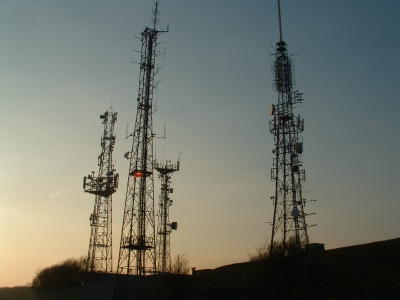Google's Web History: movement toward non-universality?
Search History is an archive of what I've sought, what I wanted but didn't have. The content is inherently local: as an agent-based concept it is generated by me, and typed by my fingertips. It is a history which is inherently, though perhaps counterintuitively, public. A query is not a query until it is uttered or typed--at which point it is no longer contained by my person. A history of my searches is a pointer from my mind toward the outside world.
Web History is not a simple progression but a significant transformation--a history of what I have (presumably) seen. The content is inherently remote, as the content which I have viewed is neither created by me nor stored locally. And yet, the concept is also private; what I have seen exists only in my mind, though it has external referents. A history of my web viewing is a collection of outside material pointing to my mind and memory. [This is where privacy concerns are especially valid--search history is circumstantial and implicative; viewing history is explicit yet still lacking context.]
My use of locality here refers to the concept of the history being stored, not the location of the bit-lists themselves (which could theoretically be either local or remote). In short: search history is what I have asked for, external; web history is what I have seen, internal.
The reason locality is of interest is its interaction with universality. Since the early days of the Web, what's true for one user has, by and large, been true for all others. Web History is a small but clear step toward a Web which may not be universal. The creation of fully-fledged "My Web"s, self-referential borrowed universes which are no longer merely lists of interests but rather lists of experience, contemplates the existence of a distributed yet no longer universal Web. The local public--i.e., search history--is potentially accessible remotely and by all, though unlikely to be of interest to most. Web history, on the other hand, is a remote private which is of no use to anyone other than its creator, as it is merely a list of potential, rather than actual, experience--yet it invites expansion and re-exploration by its creator. And therein lies the possible danger to universality.
I'm not disparaging this new feature or suggesting against using it--it is, in fact, precisely an idea which I had a couple years ago which I nebulously wished for Google to develop. But it may be useful to consider its implications. Google's announcement is not the first or only factor in such a paradigm shift, nor will they be solely responsible for whatever shifts occur. However, it is an indicator, a fin breaking the endless ocean surface of data and moving toward a distant shore.
Labels: Google, information architecture




